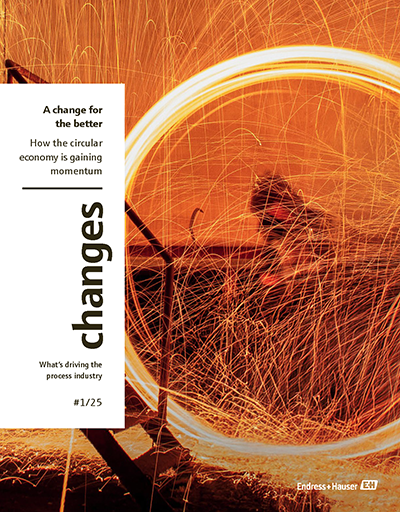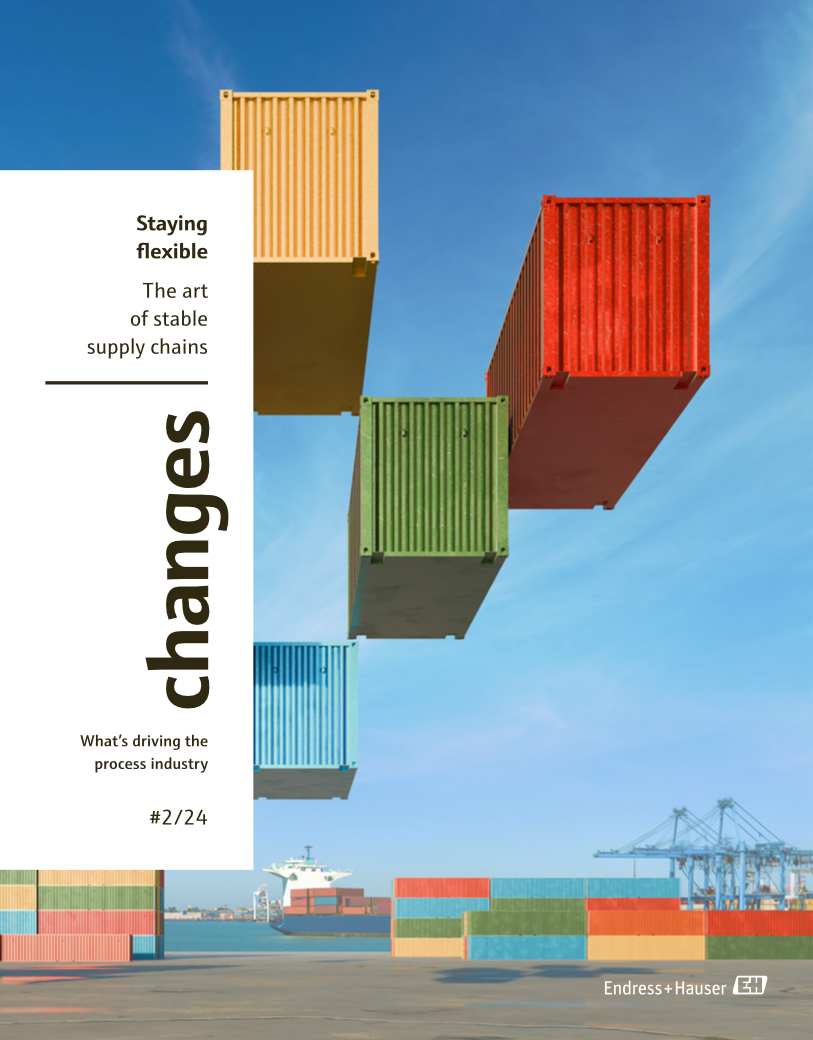Sustainability as a principle
Family companies such as Endress+Hauser form the backbone of many economies. Their strength lies in their desire to be successful for generations to come.
Research: Christine Böhringer

Recommend story:
Published 20.04.2022, last updated 20.06.2022.
Dive into the world of the process industry through new exciting stories every month with our «changes» newsletter!









